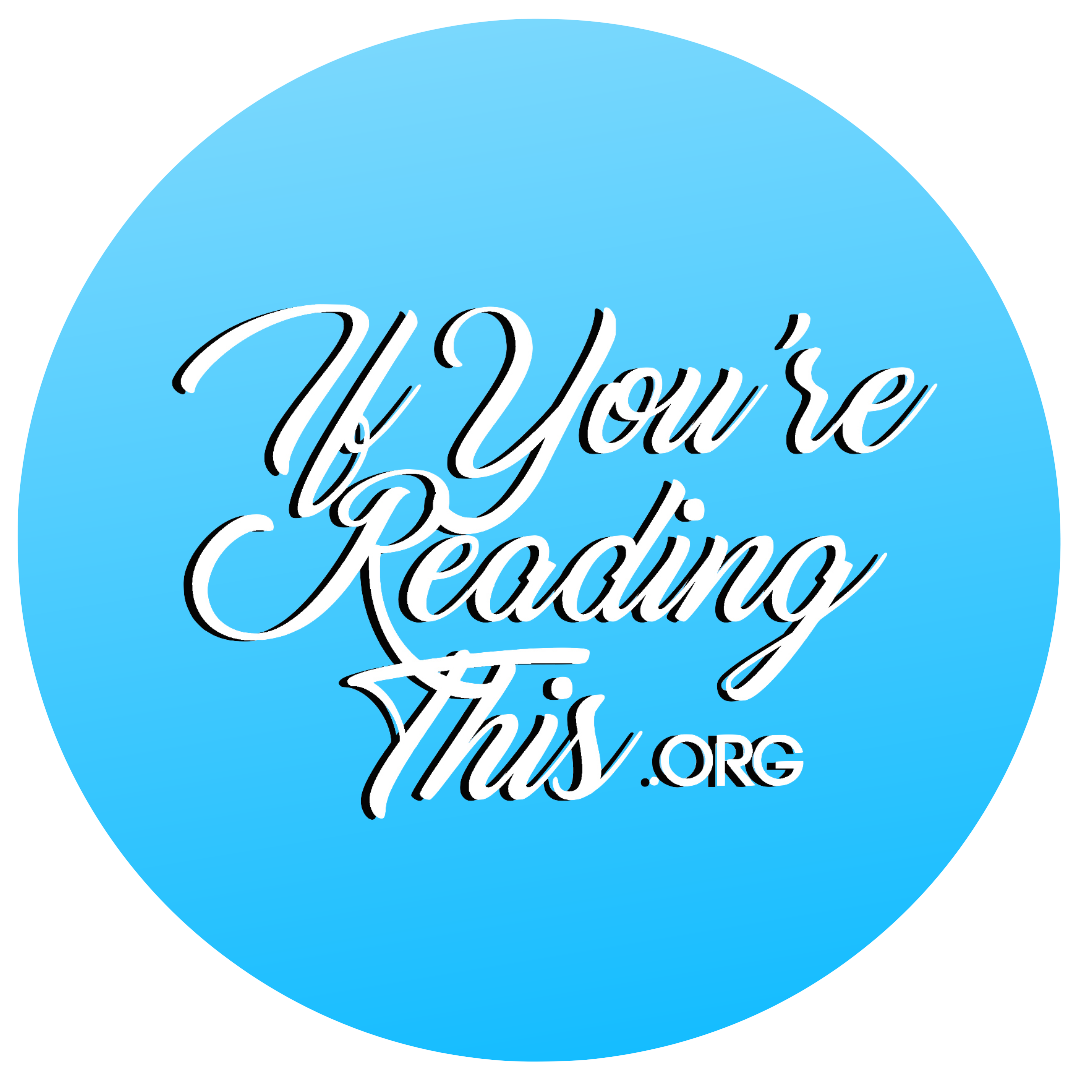“Authenticity is the daily practice of letting go of who we think we are supposed to be and embracing who we are. Choosing authenticity means cultivating the courage to be imperfect.” -Brene Brown
In high school, I proudly struggled with and advocated for mental health. I felt like almost everyone in my community shared a struggle with mental health, so I never questioned my vulnerability. When I got to Villanova, I was both amazed and shook by the stoic nature of my peers and the institution as a whole.
Like most college freshmen, I wanted to fit in, so I decided anxiety and depression were problems of my past. I would casually talk about my experience with friends, but I made it clear that high school Charlotte had mental health issues, not Villanova Charlotte.
I rarely let myself feel sad or express the doubts I was experiencing on a daily basis. It was easy to stay busy and distract myself between classes, working, and social events, but when the pandemic hit, so did the harsh reality that I was extremely lost.
I felt like everyone around me was getting in touch with their most authentic selves. Meanwhile, I had never felt further from mine. During the year spent in lockdown, I was plagued with guilt for not being a more active ally in Black Lives Matter, for not learning how to code or starting a business, and for not starving myself to look like Kendall Jenner. I completely shut down because I did not want anyone to know how badly I was struggling, so it continued to get worse.
Instead of dealing with these emotions, I made quick changes hoping they would bring me back to my old self. I broke up with my boyfriend, dyed my hair brown, and dropped my sorority (super original I know). I went vegan to feel a sense of control, ran a marathon to punish myself for being lazy, and I watched every Youtuber’s self-help videos looking for inspiration. But a year later, I still felt more hopeless and confused than ever.
I was sitting in the living room of my apartment with my roommate when I felt myself starting to have a panic attack. Normally, I would’ve run to my room and shut the door until it passed. I can’t think of a specific reason why I chose to stay, but I think I was exhausted from trying to do everything alone. I started uncontrollably sobbing, and with the little breath I could find, I asked her to call another friend. That was the moment I gave up and stopped trying to convince myself and everyone else that I was okay. I was ready to let my loved ones in and ask for help.
What started as innocently wanting to fit in at Villanova, turned me into a shell of myself, who didn’t let herself feel human. I learned there is no quick fix to healing your relationship with yourself, the people around you, and the things you love. If you are reading this, I hope it serves as a reminder to embrace your humanity and make room for others to do the same. We are all still trying to figure it out, and it’s way more fun to do with people you love.
Charlotte D., Villanova University ‘22


